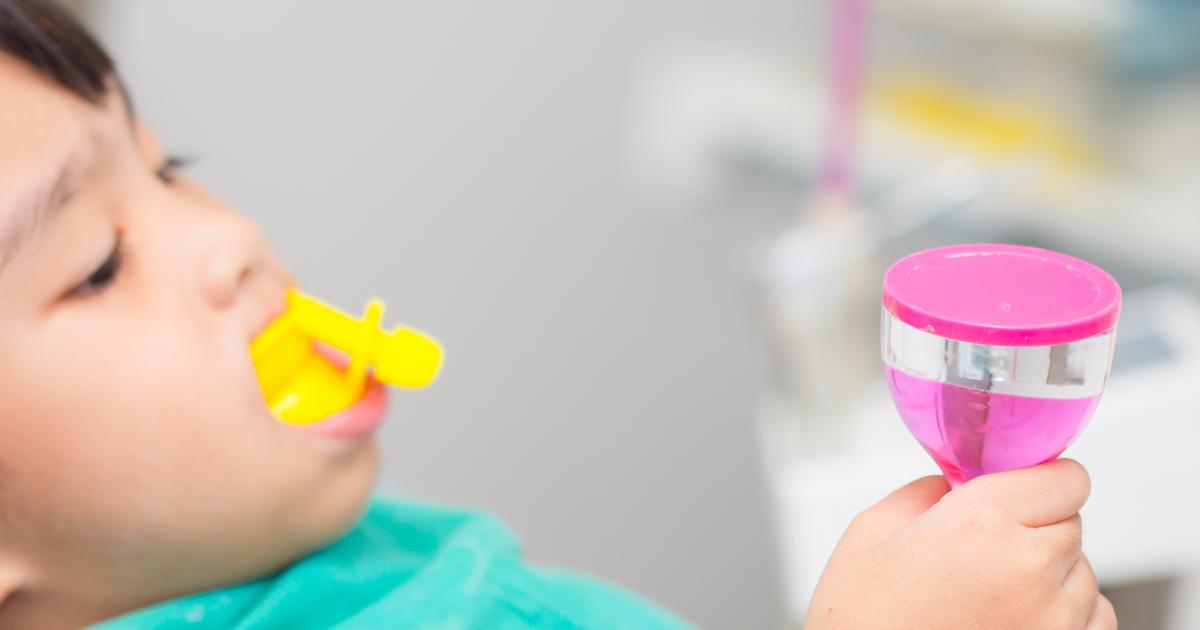Common Risk Factors And Causes Of Cavities
Not Enough Fluoride

One thing that can increase an individual's chances of developing a cavity is if they aren't getting enough fluoride. Fluoride is a mineral that occurs naturally, and it helps prevent cavities from forming in the mouth. In fact, when tooth decay is in its earliest stages, fluoride can even help reverse the breakdown of enamel and save teeth from suffering a cavity. Fluoride has been artificially added to many public water supplies since it has such a positive impact on dental health. Individuals can contact their local government to find out whether their water supply already has fluoride in it. In addition, fluoride is a common ingredient found in mouthwash, toothpaste, and other mouth rinses. Many kinds of toothpaste for children are free of fluoride, and children shouldn't consume too much fluoride or it could be bad for them. Bottled water doesn't typically contain fluoride. There aren't very many potential health drawbacks to consuming fluoride, and adding it to dental care might save patients from a cavity.
Heartburn

Ongoing heartburn can cause serious problems with teeth. This condition, also called gastroesophageal reflux disease, causes stomach acid to flow into the mouth. This is medically referred to as reflux. The acidic content isn't supposed to enter the throat and mouth, and it quickly begins to wear down tooth enamel, causing serious tooth damage. Patients with heartburn are more likely to have serious tooth decay than those without heartburn. When the enamel is worn down by acid, the dentin found underneath can be attacked by bacteria. If bacteria eat away the dentin, they'll create a cavity. Even bigger problems might be created if the bacteria fester inside the cavity and create an abscess. If individuals go to the dentist, and their dentist discovers they have unusual enamel loss based on their lifestyle, they may recommend that they talk to a doctor to see if gastroesophageal reflux disease is the cause. There are treatments for this condition that can help prevent further tooth and mouth damage.
